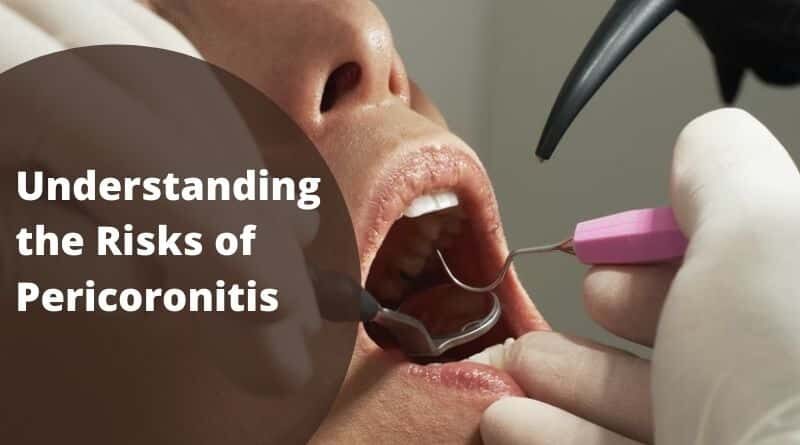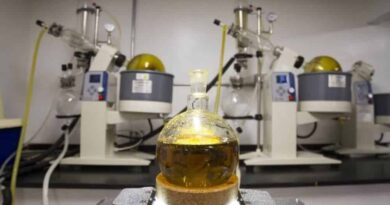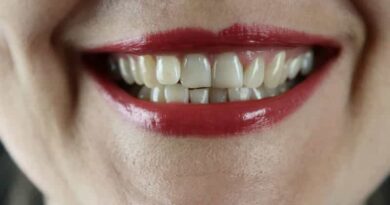Understanding the Risks of Pericoronitis
You may have heard of pericoronitis, the scary sound, and infliction, which often leads to decay (yes, you read that right). But do you really know all there is to know about it?
Anyone who has had to go through the ordeal of pericoronitis can attest that it’s teeth-grindingly painful, and it is not something you want in your mouth or mouth area.
Similarly, the risks associated with pericoronitis are severe and should be appropriately addressed, diagnosed, and treated by a dentist to prevent further infection or other oral complications. This article provides insight into what pericoronitis is, how it is caused, and its treatment.
Table of Contents
What Is Pericoronitis?
Pericoronitis is an inflammation of the gum tissue surrounding your wisdom teeth. It’s common in teenagers and young adults whose wisdom teeth have only partially emerged through their gums.
Usually, bacteria get trapped between the tooth and gum flap, leading to infection. This condition can cause a painful mouth infection that worsens if not treated well. It’s rare in people over age 25 because their wisdom teeth have been removed or fully erupted.
Pericoronitis can develop suddenly (acute) or gradually (chronic). Either way, it usually resolves with treatment within a few days after symptoms appear. However, repeated flare-ups may occur until the affected wisdom tooth is removed or treated by a dentist or oral surgeon.
Read: Dental Problems and How to Treat Them
What Causes Pericoronitis?
The specific cause of pericoronitis is still contested. Some studies indicate that the likely culprit is food getting caught around the wisdom tooth, leading to plaque buildup and inflammation.
Others indicate that poor oral hygiene and impaction are the common causes since pericoronitis is highly prevalent in patients with impacted teeth.
However, whatever the exact reason, studies show that a high percentage of those with partially-erupted wisdom teeth experience some degree of pericoronitis at some point during their lives.
Let’s discuss some of these causes in detail.
Poor Oral Hygiene
The leading cause of pericoronitis is poor oral hygiene. It can lead to plaque and calculus buildup around your wisdom tooth. If it isn’t removed by brushing, flossing, and regular dental visits, it can build up on the tooth’s surface below the gum line, forming a foundation for bacteria breeding.
On the same note, Pericoronitis can occur if your wisdom tooth erupts through the gum but only partially, leaving a flap of the gum tissue over the top of it. Under this flap, food and bacteria can be trapped, causing infection.
Impacted Wisdom Teeth
An impacted wisdom tooth can cause Pericoronitis in rare cases. It usually occurs when the tooth fails to erupt completely through your gum, causing it to become trapped in your jawbone. This can lead to severe pain and swelling in the gums.
Gum Disease
Pericoronitis is often caused by gum disease. It mainly occurs due to inflammation around the tooth’s crown resulting in pain, swelling, and bad breath. Furthermore, bacteria collected around the affected area can cause a foul taste in the mouth.
Ultimately, people with existing gum disease are at greater risk of developing pericoronitis.
Symptoms of Pericoronitis
One of the most common pericoronitis symptoms is pain. It is usually very intense and might be triggered by hot or cold foods or simply chewing. The mouth area where the pain occurs can vary, depending on where the tooth is about other teeth.
For example, if a lower wisdom tooth is impacted, the pain might radiate through the jaw and into the ear.
Swollen gums are also a symptom of pericoronitis. The gums may appear red and very irritated. This can make it difficult or painful to open the mouth. Also, difficulty opening the mouth is common in people with pericoronitis. This would occur due to painful, swollen gum tissue inflamed around the impacted tooth.
Bad breath is also associated with pericoronitis due to trapped food under the flap of tissue around an impacted wisdom tooth.
If you experience any of the above symptoms, you should visit your dentist with immediate effect.
How Is Pericoronitis Treated?
The treatment for pericoronitis depends on how severe the infection is and how much pain you’re in. If the inflammation is mild, your doctor might prescribe antibiotics and recommend that you take over-the-counter (OTC) pain medication.
If the infection is more serious, your dentist or oral surgeon will directly administer antibiotics and pain medication into your tooth socket. The doctor will also provide a prescription for oral antibiotics so that you can treat yourself at home. To reduce swelling in the gums, it’s important to take OTC pain relievers like aspirin, ibuprofen, or acetaminophen as directed.
If you have an allergy to these medications or if they don’t help ease your discomfort, talk to your doctor about other options for reducing pain and swelling.
Read: Signs Your Dental Health Needs Attention
How Can I Avoid Getting Pericoronitis?
The best way to avoid pericoronitis is by getting your wisdom teeth extracted if they’re causing you pain. If extraction isn’t an option, your dentist or oral surgeon may suggest surgery to remove the gum flap covering the tooth. This can reduce the risk of pericoronitis developing in the future, but it doesn’t guarantee prevention.
If your third molars have erupted and are still in place, practicing good oral hygiene is important. To minimize your risk of gum disease, brush your teeth for two minutes at least twice a day and floss once a day.
Your dentist or dental hygienist may suggest using a toothbrush with soft bristles or an extra-soft brush for cleaning around the erupting third molars. Eating soft foods until the area heals can help alleviate pain and promote healing. It’s also important to avoid smoking while recovering from having your wisdom teeth removed.
Beyond knowing what pericoronitis is, there are some things you can do to prevent it as well. Brushing and flossing regularly is an integral part of maintaining dental hygiene, something that is too often neglected or forgotten about entirely.
Also, paying attention to the kinds of sugary foods you eat could benefit you. While candy and other treats designed for consumption are not a dental necessity, eating them too habitually can lead to gum inflammation over time. Ultimately, prevention is the key here—follow your dentist’s instructions thoroughly and have your teeth examined regularly.
Recommended Articles:




